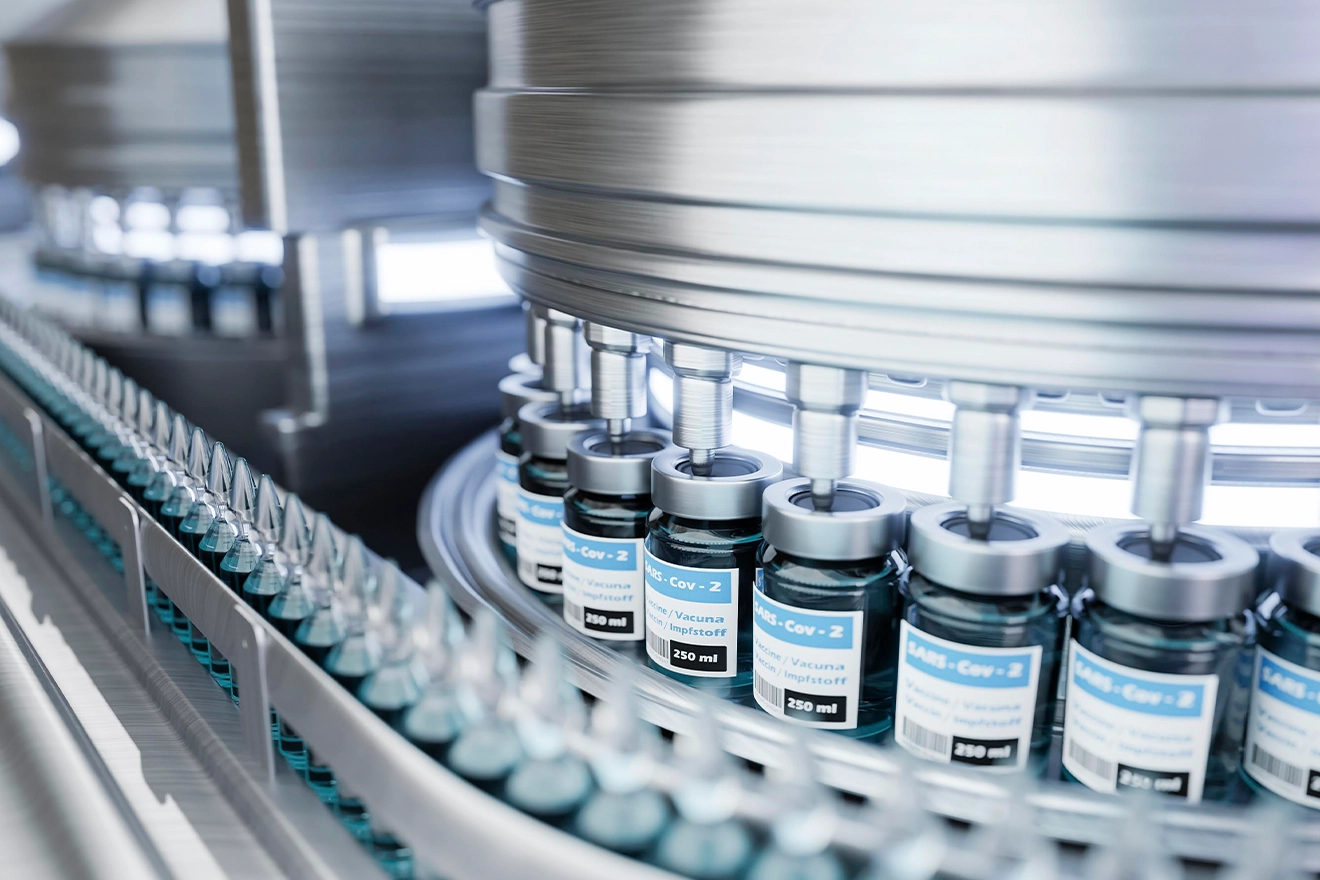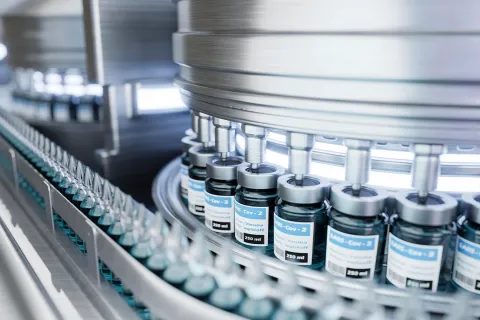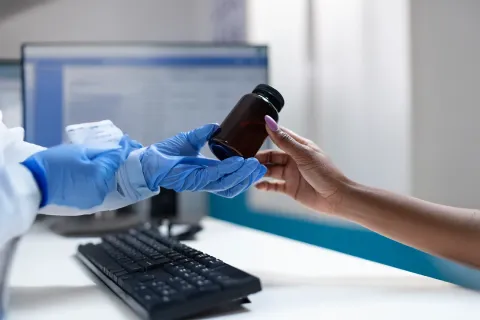
Effective communication is paramount in the global pharmaceutical landscape. As companies expand into diverse markets, the need for accurate and timely translations of product labels, Regulatory documents, and patient information becomes increasingly critical. Artificial Intelligence (AI) is revolutionizing this process, breaking down language barriers and enhancing efficiency in label translation. This blog explores how AI-driven innovations are transforming label translation in the pharmaceutical industry and the benefits they bring.
The Role of AI in Pharma Translation
AI technologies, particularly Natural Language Processing (NLP) and machine learning, have significantly improved the quality and speed of translations. These advancements enable pharmaceutical companies to manage vast amounts of multilingual data efficiently, ensuring compliance with Regulatory standards while maintaining brand integrity.
Enhanced Accuracy and Consistency
One (1) of the primary challenges in pharmaceutical translation is ensuring accuracy across various languages. AI-powered translation tools utilize deep learning algorithms that analyze and learn from extensive datasets, improving their ability to handle complex medical terminology. This leads to greater translation consistency, which is vital for maintaining Regulatory compliance and patient safety.
For instance, AI can automatically detect and standardize terminology used in drug labels, ensuring that terms like dosages, side effects, and usage instructions are accurately translated across different languages. This reduces the risk of errors that could lead to Regulatory issues or patient harm.
Speeding Up Regulatory Submissions
The pharmaceutical industry often faces tight Regulatory submission deadlines. Traditional translation methods can be time-consuming, delaying product launches and market entry. AI-driven solutions significantly accelerate this process by automating the translation of extensive Regulatory documents.
Pharmaceutical companies can leverage AI to quickly prepare multilingual submission packages for agencies like the FDA or EMA. For example, a recent case highlighted how a European firm reduced its drug application processing time from months to weeks by implementing AI-powered translation solutions. This expedited approvals and allowed for faster access to critical medications for patients.
Supporting Global Drug Registration
Entering new markets requires comprehensive documentation translated into multiple languages. AI-powered translation tools streamline this process by rapidly translating essential documents such as clinical trial reports, safety data, and manufacturing guidelines.
With AI's ability to handle large volumes of text quickly, companies can ensure that their registration documents meet local Regulatory requirements without compromising on quality or accuracy. This capability is crucial for maintaining compliance and avoiding costly delays in drug approvals.
Improving Patient Communication
Effective communication with patients is essential for ensuring adherence to treatment protocols and enhancing safety. AI-driven translation tools facilitate the accurate translation of patient information leaflets, informed consent forms, and other critical materials.
Pharmaceutical companies can improve patient engagement and satisfaction by providing precise and comprehensible information in their native languages. For instance, AI can help translate educational materials quickly during clinical trials, ensuring that participants fully understand the study's purpose and procedures.
Real-Time Translation Capabilities
In an increasingly interconnected world, the ability to provide real-time translations is becoming essential. AI technologies enable instant translations during live interactions between healthcare providers and patients who speak different languages.
This capability enhances communication and fosters trust between patients and healthcare professionals. By breaking down language barriers, AI-driven solutions improve health outcomes and patient experiences.
Challenges and Considerations
While AI-driven innovations offer numerous advantages in label translation, there are challenges to consider:
- Nuanced Language Understanding: Despite advancements in AI technology, understanding cultural nuances and context remains challenging. Human oversight is still necessary to ensure that translations are culturally appropriate and sensitive.
- Regulatory Compliance: Pharmaceutical companies must ensure that their translation processes comply with local regulations regarding medical documentation. This often requires a combination of AI efficiency and human expertise.
- Quality Control: Implementing robust quality control measures is essential to validate AI-generated translations. Regular audits and human post-editing can help maintain high standards of accuracy.
Conclusion
AI-driven innovations are transforming label translation in the pharmaceutical industry by enhancing accuracy, speeding up Regulatory submissions, supporting global market entry, and improving patient communication. As companies navigate an increasingly globalized market, leveraging these technologies will be crucial for overcoming language barriers and ensuring compliance with Regulatory standards.
For pharmaceutical businesses looking to enhance their label translation processes with cutting-edge technology, Freyr offers expert services tailored specifically to your needs. Our team combines AI efficiency with human expertise to deliver high-quality translations that meet Regulatory requirements while ensuring patient safety. Contact us to learn how our Regulatory labeling services can help you break down language barriers in your pharmaceutical operations.









